Any summer resident knows what SNT is. The name recalls the Soviet era, when each member of the partnership owned a modest piece of land with a house. In principle, and at present, such an understanding of SNT is true. What does it mean? The acronym stands for Horticultural Nonprofit Partnership. The land that belongs to this organization is classified as agricultural.
What the law says
A similar legal form is regulated by the Law on Horticultural Partnerships No. 66-FZ, which states that SNT is a legal entity. The organization selects a chairman, appointed at a general meeting by open vote. In SNT there is:
- charter;
- print;
- Bank account;
- property.
To such settlements paved their roads, driveways, as well as various communications. The land, like real estate and communications, is a common property.
check in
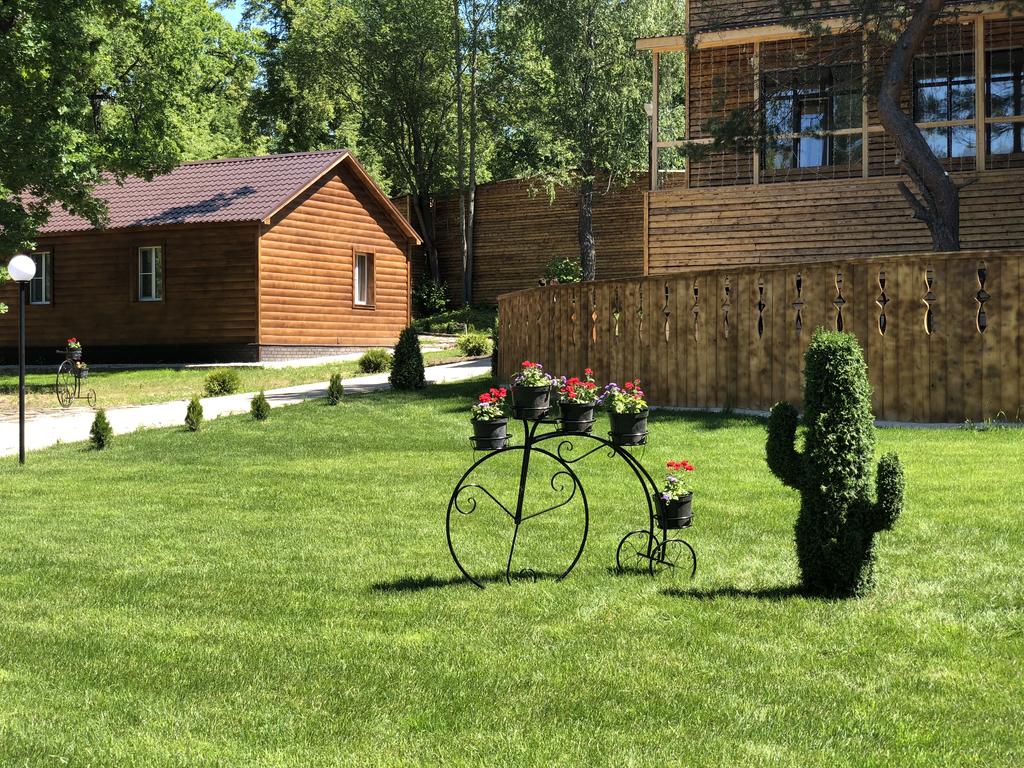
SNT is formed in the following order:
- Citizens who have made the appropriate decision submit an application to the local administration.
- Zoning is carried out in which land is allocated for a new partnership.
- It is being registered.
The partnership is created after the implementation of the last stage. Therefore, at an earlier stage, it is believed that there are no members. A similar process is a lengthy one. All formalities required by law must be observed. This is the approval of the development plan, project, transfer of land into the ownership of the partnership, the approval of the founders, etc. If at least one of the required points is not fulfilled, registration will not take place.
Contributions
All members of a horticultural partnership must pay contributions based on the costs incurred by SNT. The new tariff is set after they agree on this at the meeting. Contributions typically include the following services:
- water supply;
- electricity;
- gas.
In addition, other types of contributions may be provided, namely:
- Opening. It is made if the corresponding entry is in the charter.
- Membership paid periodically.
- Targeted. To purchase the necessary equipment and the construction of public facilities.

Charter
The legal form requires that its charter be created in each legal entity - SNT. Due to this, the land is used more rationally, crops will be grown on it, and other partnership goals will be achieved. The main provisions that must be present in the charter include the following:
- Name, address of SNT (Moscow village of Ryabin, for example).
- Purpose and tasks.
- Rights and obligations of members.
- Management bodies.
- Chairmanship
- Organization Tools.
- Ways to supervise activities.
- Paperwork.
- Building Standards.
- Procedure and conditions for liquidation.
Advantages and disadvantages of SNT
The SNT site has many positive aspects for the summer resident. The main ones are as follows:
- Low price.
- The ability to erect any structure.
- When building a capital house, registration is possible.
- In the absence of a house, it is possible to breed crops.
The disadvantages inherent in SNT include the following:
- Remoteness from roads, infrastructure facilities, communications.
- Payments for the supply of communications.
- Difficulties, and sometimes the impossibility of registration in non-capital buildings.
- Refusal of banks to accept these objects as collateral.
- Having a house in SNT, you will not be able to use the rights to privileges for payment of utilities, if any. Pensioners, as well as low-income or large families, should pay attention to this.
- Both protection and cleaning of the surrounding area from debris and snow are carried out at the expense of members of associations.
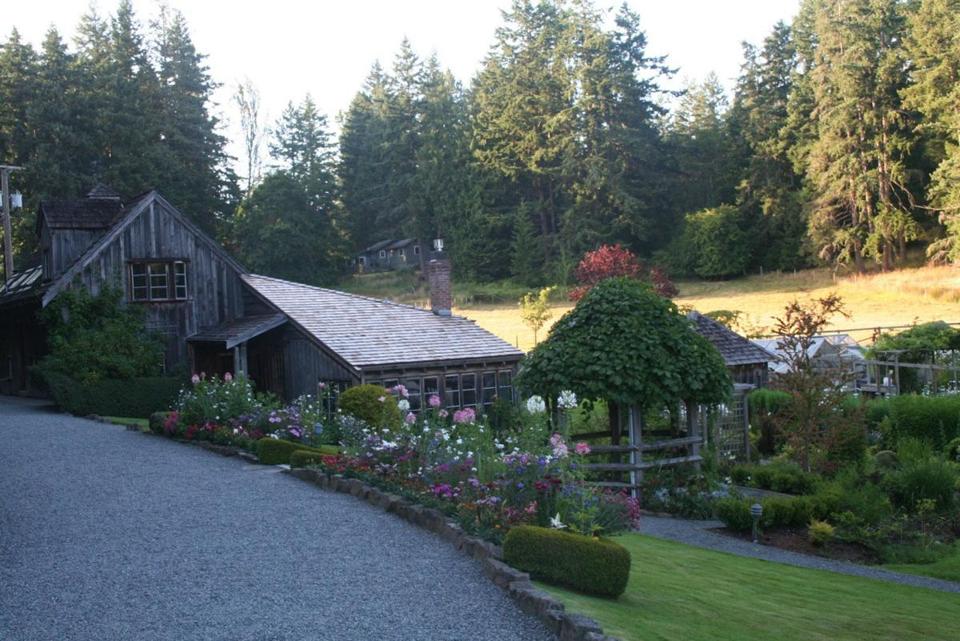
Control
Management functions are performed by the chairman, who is elected at the general meeting. The following requirements apply to this person:
- He must have his own experience in gardening.
- Know how to keep records.
- Be legally literate.
- Know how to provide fire safety.
His direct responsibilities include the following:
- Monitoring the work of other employees.
- Signing of contracts.
- Opening a bank account.
- Alert members of the partnership about ongoing events.
Initially, persons who are responsible for maintaining the partnership property and land in proper form are selected.
Partnership Rights
Participants can build residential houses on their allotments and register there. Each member of the partnership has one vote, regardless of the size of his land plot. SNT as a member, it has the right:
- Participate in the meeting.
- Elect a chairman and propose a suitable candidate.
- Require a progress report.
- Conduct activities that are not prohibited by law.
- Dispose of property owned by the right of ownership.
- Use communications that are connected to SNT.
- Leave the union as you wish.
- Have access to the site without restrictions.
- Become an employee if a vacancy is vacant and a member of the SNT is a suitable candidate.
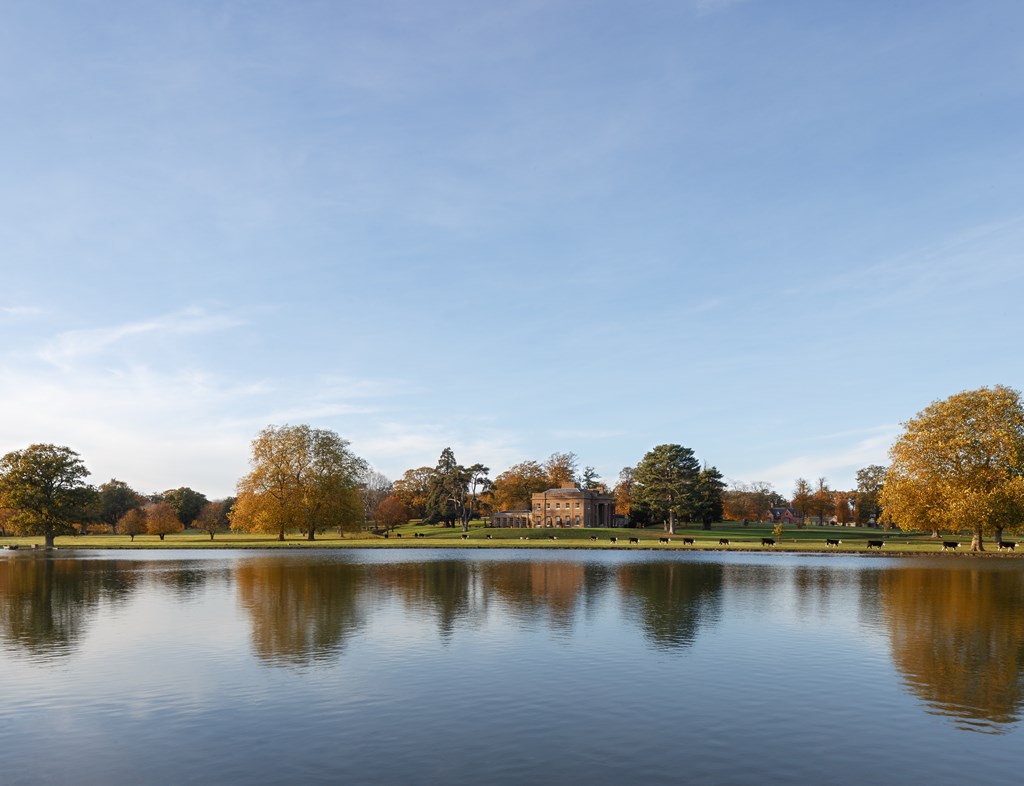
Duties
In addition to the rights, the participants in the partnership are endowed with certain responsibilities. These include the following:
- Make contributions on time.
- To develop the site (you need to keep within 3 years).
- SNT if organizes events, they should be involved.
- Tolerate neighbors.
- Obey the decisions made at the general meeting.
Membership Termination
Each member of a horticultural partnership has the right to withdraw from it. Moreover, the allotment of land will be retained by the former member. In addition, he will be able to use the connected communications and infrastructure operating in the relevant territory.
In this case, it will no longer be necessary to attend meetings and obey the decisions that are made there, as well as pay the corresponding fees. Moreover, such a gardener must fulfill the following duties:
- Pay utility bills stipulated by the contract with SNT.
- Pay fees for the use of infrastructure in this territory.
- Demand a share in the property of SNT, which is proportional to the contributions made by him earlier.
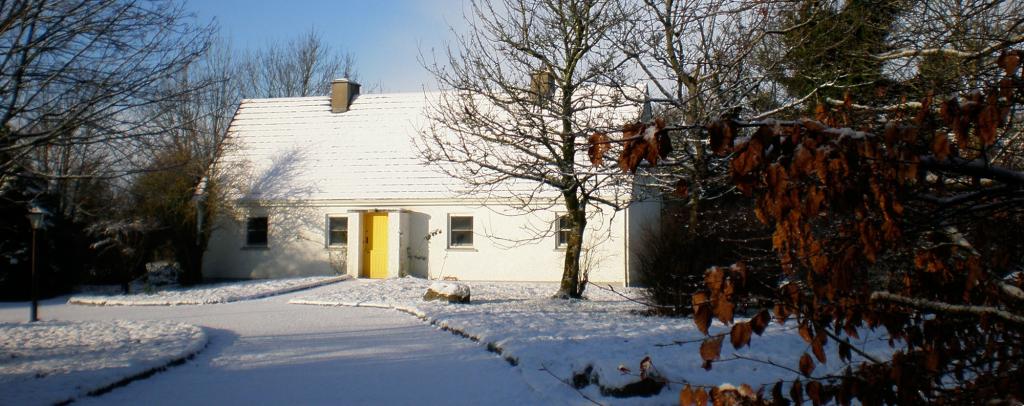
SNT or DNT
Many citizens who decide to purchase a site are wondering whether to opt for DNT or still stop at SNT. What are these differences between organizations, and which one is better to choose, it is worth understanding before making the appropriate decision.
Despite the fact that there are no big differences between these legal forms, something still needs to be taken into account. DNT is an updated organizational form of country vacation lovers. In SNT, as a rule, people do not own land, but as a share of the total land. In such an organization, it is not necessary to build a house. You can just build a box for storing equipment. However, you will definitely need to build a house if the cottage is in DNT. In fact, this is exactly what the plot is for. Therefore, if you want to build a house with communications, it is advisable to acquire a land allotment in DNT.
Agricultural purpose
And in one, and in another case, the plots are located on agricultural land. In such plots, gardening and horticulture are possible.Despite the category, under certain conditions in a built house you can register. To do this, you need to:
- The plot had an appropriate status.
- The house has been officially declared suitable for permanent housing.
When land under IZHS is better
A land plot for individual housing construction (which stands for individual housing construction) is worth buying if a decision was made on the construction of a capital house intended for permanent residence. The features of the process in this case are as follows:
- The plot is allocated with the permission of local authorities, and an additional building permit is not required.
- It is necessary to order a construction project, which is being developed by specialists from different fields (those involved in laying communications, surveyors, architects and others).
- The price of such housing is more expensive than in SNT.
- The house should be commissioned.
Among the advantages of IZHS can be identified the following:
- The house is residential, and you can register in it.
- Real estate is subject to registration.
- Communications are connected for free.
As a rule, all the most necessary social facilities are nearby, including hospitals, shops, kindergartens and schools, and other infrastructure elements.
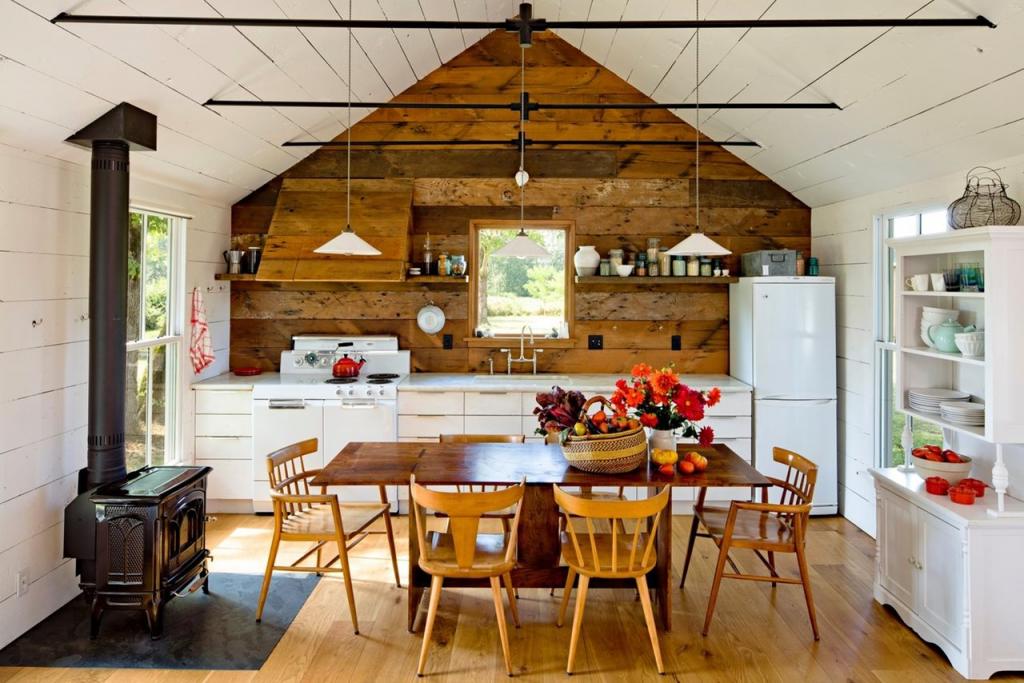
What changes are planned in 2019
From the beginning of the year, lawmakers plan to transform DNT into summer cottages. As a legal form in the form of a partnership, only SNT and ONT will remain. Land non-profit partnerships are going to be completely abolished. Such measures were proposed to implement the following objectives:
- Suppression of speculation with similar lands when they are bought at cheap cost and sold by building elite cottages (which, in essence, are self-building).
- To put an end to price equalization, at which contributions for a large plot of land with a similar mansion are charged the same money as for a small allotment with an ordinary garden house.
- Supervision of structures that should belong to one family and not have more than three floors.
- At the same time, DNT members will have to prepare for a possible increase in the cost of utility bills and tax fees when transforming the organization into summer cottages.
In addition, it is assumed:
- Prohibit cash payments when making contributions and establish only three of their types (target, membership and introductory).
- Establish a property section (as well as debts) between all members of SNT and ONT during bankruptcy proceedings.
- Pets and livestock can only be obtained with the consent of the neighbors.
- The dacha in the SNT, located next to the forest, should have fire barriers in the form of a strip of 10 m, which is cleared of shrubs, garbage and grass.
The next year will show how successful it will be to realize these plans.
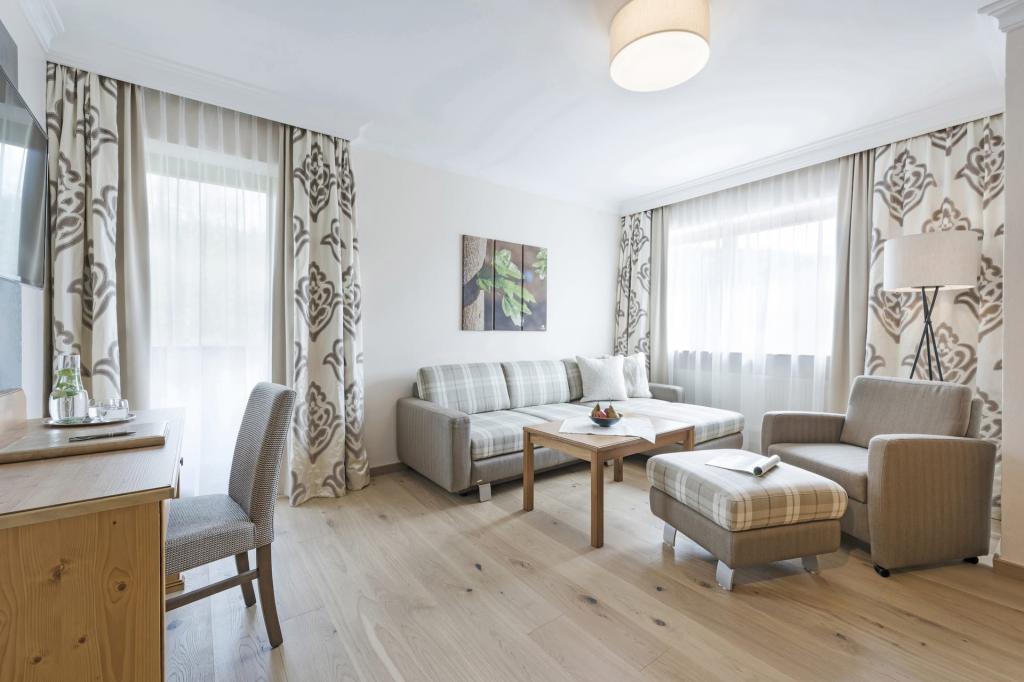
Conclusion
This leads to the conclusion about SNT - that this is a convenient legal form of association of summer residents. The partnership exists at the expense of membership fees. The purpose of the activity is to improve the quality of gardening and the organization of a comfortable holiday for summer residents in nature.